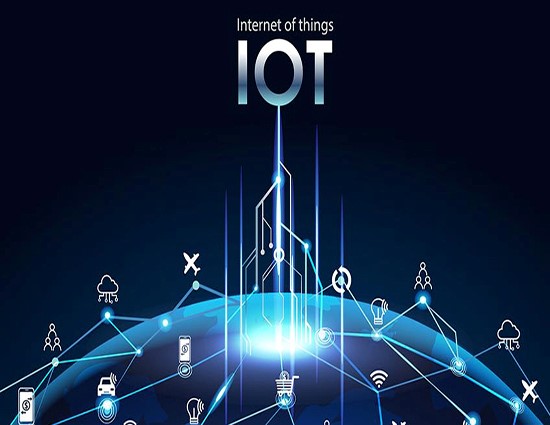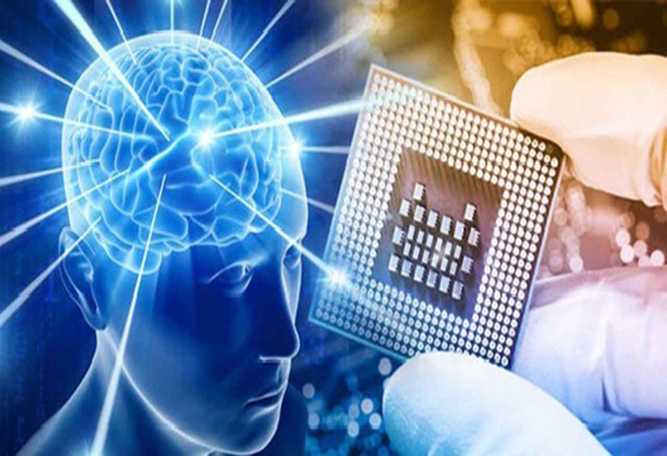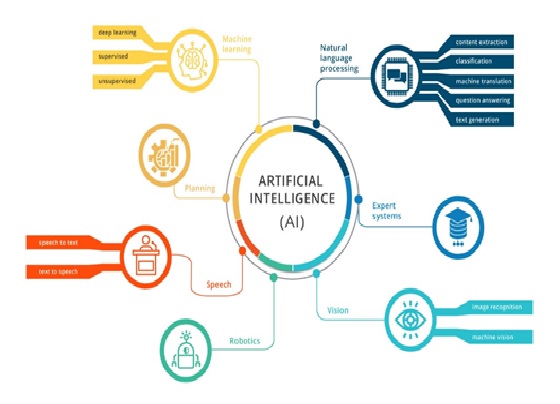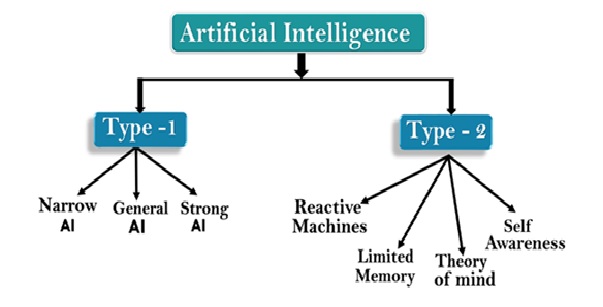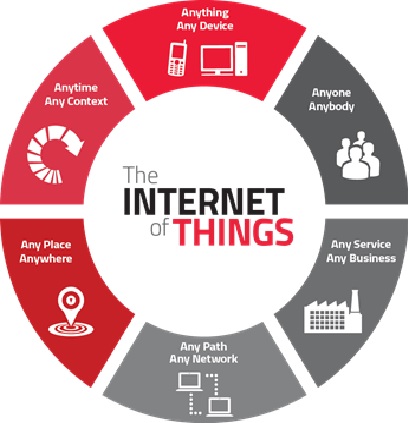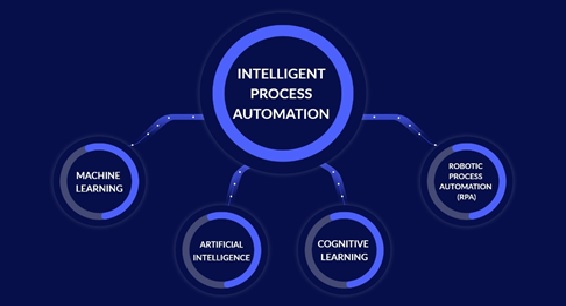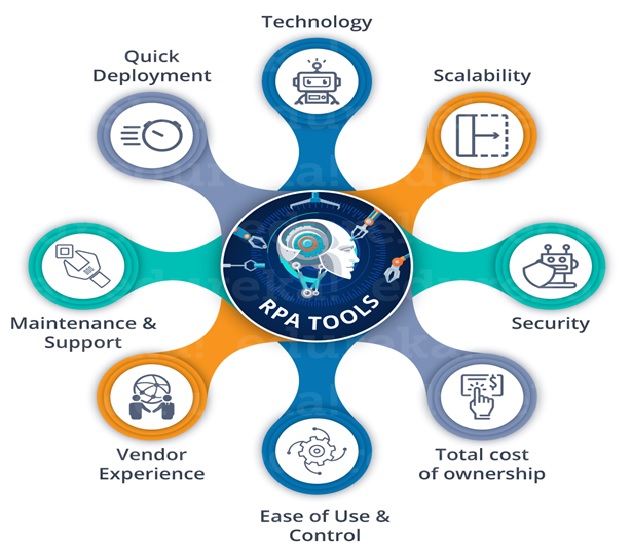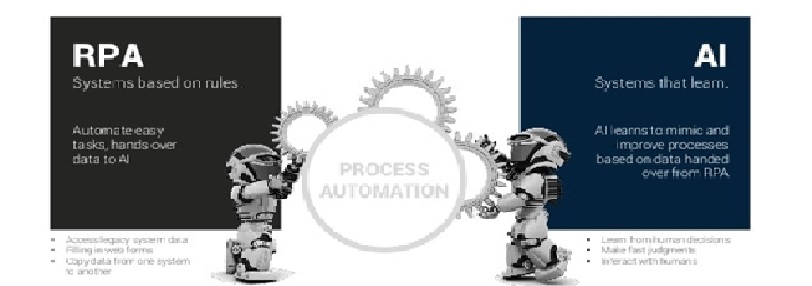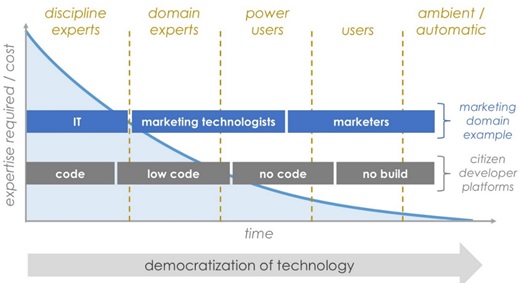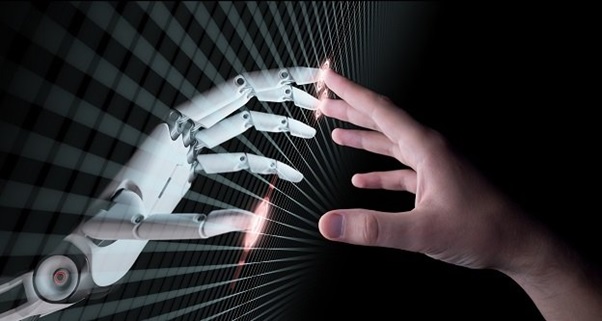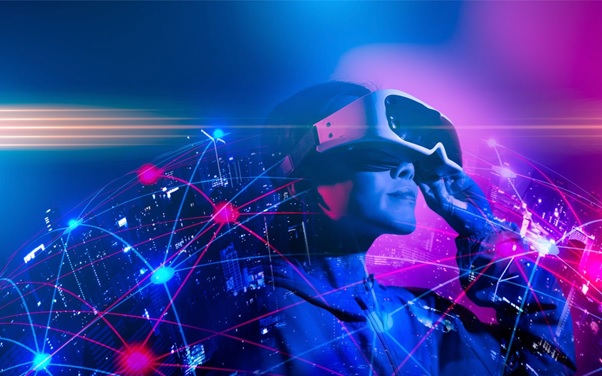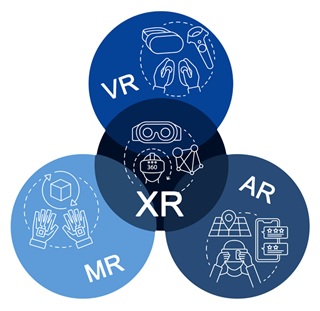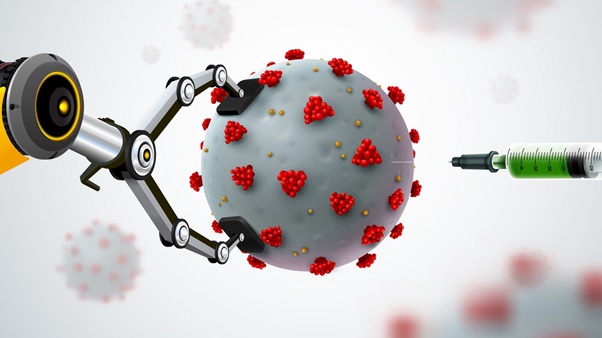Technologies for Artificial Intelligence in Healthcare
The artificial intelligence (AI) technologies becoming ever present in modern business and everyday life is also steadily being applied to healthcare. The use of artificial intelligence in healthcare has the potential to assist healthcare providers in many aspects of patient care and administrative processes. Most AI and healthcare technologies have strong relevance to the healthcare field, but the tactics they support can vary significantly. And while some articles on artificial intelligence in healthcare suggest that the use of artificial intelligence in healthcare can perform just as well or better than humans at certain procedures, [1] such as diagnosing disease, it will be a significant number of years before AI in healthcare replaces humans for a broad range of medical tasks.
Machine learning is one of the most common forms of artificial intelligence in healthcare. It is a broad technique at the core of many approaches to AI and healthcare technology and there are many versions of it. The figure 1 shows the Artificial Intelligence in Healthcare.
Using artificial intelligence in healthcare, the most widespread utilization of traditional machine learning is precision medicine. Being able to predict what treatment procedures are likely to be successful with patients based on their make-up and the treatment framework is a huge leap forward for many healthcare organizations. [2] The majority of AI in healthcare that uses machine learning and precision medicine applications require data for training, for which the end result is known. This is known as supervised learning.
Artificial intelligence in healthcare that uses deep learning is also used for speech recognition in the form of natural language processing (NLP). Features in deep learning models typically have little meaning to human observers and therefore the model's results may be challenging to delineate without proper interpretation.

Figure 1: Artificial Intelligence in Healthcare
Making sense of human language has been a goal of artificial intelligence and healthcare technology for over 50 years. Most NLP systems include forms of speech recognition or text analysis and then translation. A common use of artificial intelligence in healthcare involves NLP applications that can understand and classify clinical documentation. NLP systems can analyze unstructured clinical notes on patients, giving incredible insight into understanding quality, improving methods, and better results for patients.
Three categories for applications of AI in health care
As AI finds its way into everything from our smartphones to the supply chain, [3] applications in health care fall into three broad groupings:
- Patient-oriented AI
- Clinician-oriented AI
- Administrative- and operational-oriented AI
The benefits of AI in health care
From patient self-service to chat bots, computer-aided detection (CAD) systems for diagnosis, and image data analysis to identify candidate molecules in drug discovery, AI is already at work increasing convenience and efficiency, reducing costs and errors, and generally making it easier for more patients to receive the health care they need.
While NLP and ML are already being used in health care, [4] they will become increasingly important for their potential to:
- Improve provider and clinician productivity and quality of care
- Enhance patient engagement in their own care and streamline patient access to care
- Accelerate the speed and reduce the cost to develop new pharmaceutical treatments
- Personalize medical treatments by leveraging analytics to mine significant, previously untapped stores of non-codified clinical data
While each AI technology can contribute significant value alone, the larger potential lies in the synergies generated by using them together across the entire patient journey, from diagnoses, to treatment, to ongoing health maintenance.
The Future of AI in Healthcare
The greatest challenge to AI in healthcare is not whether the technologies will be capable enough to be useful, but rather ensuring their adoption in daily clinical practice. In time, clinicians may migrate toward tasks that require unique human skills, tasks that require the highest level of cognitive function. Perhaps the only healthcare providers who will lose out on the full potential of AI in healthcare may be those who refuse to work alongside it.
References:
- https://www.foreseemed.com/artificial-intelligence-in-healthcare
- https://www.accenture.com/us-en/insight-artificial-intelligence-healthcare%C2%A0
- https://healthitanalytics.com/tag/artificial-intelligence
- https://www2.deloitte.com/us/en/pages/life-sciences-and-health-care/articles/future-of-artificial-intelligence-in-health-care.html
Cite this article:
Vinotha D (2021), Technologies for Artificial Intelligence in Healthcare, AnaTechMaz, pp. 15


